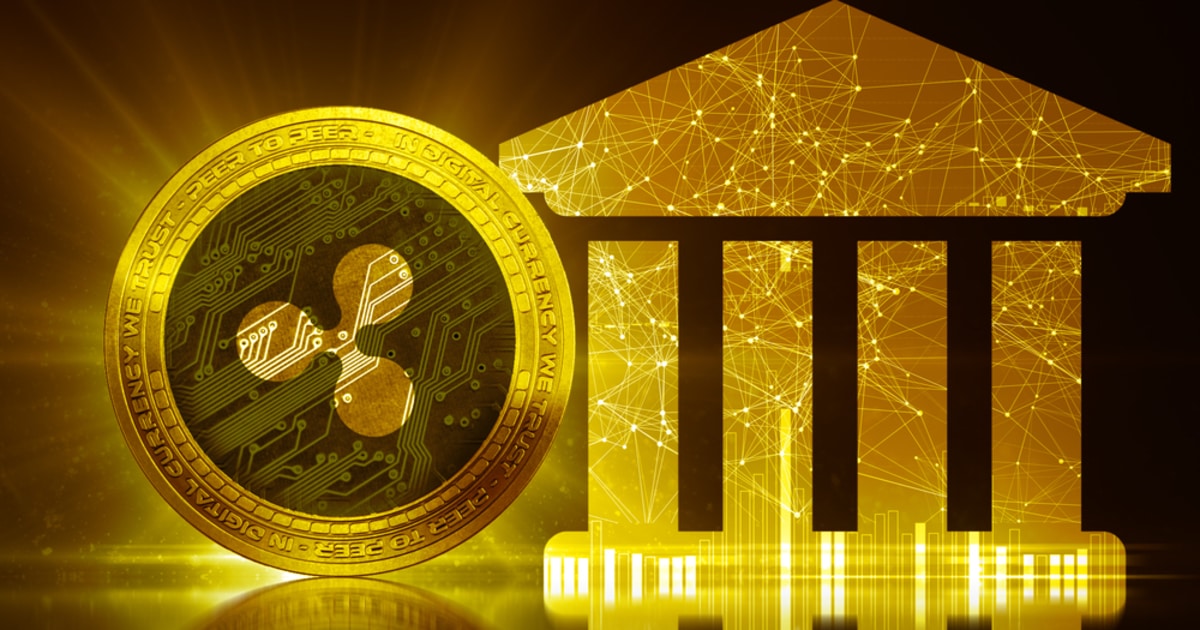Despite the fact that the legal battle between Ripple and the United States Securities and Exchange Commission (SEC) was not heard yesterday, Ripple, XRP, and the entire crypto industry won a significant partial victory against the SEC’s overreaching regulation by enforcement, thanks to attorney John E. Deaton.
The SEC sought affirmation from the New Hampshire district court judge granting a wide, ambiguous injunction prohibiting the sale of the LBRY token, in which the token itself becomes a security, placing secondary market transactions under the SEC’s authority, in yesterday’s appeal hearing.
It might be devastating not only for XRP secondary market sales, but for all cryptocurrencies. With the exception of Bitcoin, which it has already been labeled as a non-security by the SEC. Deaton, who is also representing 75,000 XRP investors in the SEC vs. Ripple lawsuit, discussed what transpired in court in a recent video for Crypto Law TV.
“We all know that the SEC likes to have maximum law enforcement capabilities available. That’s why we got involved,” he said, further reporting that the judge did a great thing. “He basically looked over to the SEC and said, you agree with him […] Everybody was imagining that … Do you agree with Deaton?”
With this, it demonstrated that the judge was prepared to reconsider his judgement from November 7, 2022. He issued a summary judgment in favor of the US Securities and Exchange Commission at the time, classifying every sale of the LBC token during a six-year period as an investment contract without describing the nature of the transactions.
This paved the way for the SEC to come closer to its aim of gaining credibility for regulatory monitoring of the secondary market through ruling. However, the court made it apparent yesterday that the SEC was misinterpreting the order.
The court stated that the SEC must commit to something and gave two instances. The judge provided an example of a direct sale in which LBRY sold its LBC token to an investing club that stored it in cold storage. The court stated that he believes this is an unregistered security offering, and the SEC concurred.
The secondary market was the second example he cited. Deaton stated:
“And then the judge said but if Flipside sells it to someone else on the secondary market, independent of LBRY, you have to agree that my order does not apply to this scenario. And that’s the victory that we got. The SEC had to concede it on the record, in real time.”
Surprisingly, the judge later turned to Deaton and said, “amicus, I’m going to make it clear that my ruling does not extend to secondary market sales.”
The judge agreed to state clearly in the final remedy that he is not deciding on the secondary market. The SEC has explicitly stated in court that secondary transactions are not securities. This is a significant partial triumph for the whole crypto sector, but especially for Ripple, as Deaton added:
“This hearing today if you think we are getting regulations by congress soon, then the ruling is irrelevant because congress will give us clarity. If we’re not going to get any clarity from congress, there’s not going to be some regulation that says something that defines a security, […] then this hearing was extremely important.”









